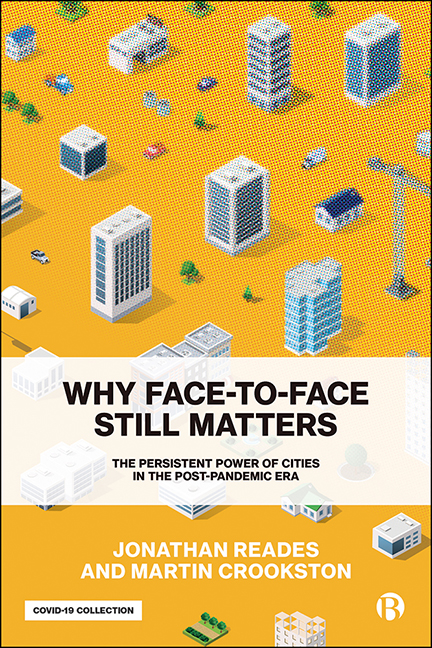6 - Let’s Talk: Face-to-Face Interaction Now
Published online by Cambridge University Press: 04 January 2022
Summary
Up, and with Sir W. Batten to White-hall to the Lords of the Admiralty and there did our business betimes. Thence to Sir Ph. Warwicke about Navy business – and my Lord Ashly; and afterward to my Lord Chancellor, who is very well pleased with me and my carrying his business. And so to the Change, where mighty busy; and so home to dinner, where Mr. Creed and Moore; and after dinner I to my Lord Treasurers, to Sir Ph. Warwicke there, and then to Whitehall to the Duke of Albimarle about Tanger; and then homeward to the Coffee-House to hear news …
Samuel Pepys, The Diary of Samuel Pepys, entry for 14 November 1664So: what do they DO? We wanted to talk to people about what they talk about when their face-to-face contacts happen, and about how the ‘people ideas’ in Chapter 5 play out in practice: real people talking about real jobs. Over two years, and in a variety of locations across Central and Inner London, we met with some forty individuals from a wide range of industries: an agent at the Bank of England; a producer for Love Island; an account manager at OpenTable; the London-based assistant of a worldfamous artist; someone from Google; the founder of a specialist catering start-up; partners in law firms; someone from Lloyd's Insurers; someone from an ad agency…. We were not aiming to deliver a statistically robust sample of the city's workforce, but to dip into the enormous range of roles and wide variety of dynamic and knowledge-intensive sectors of the urban economy. The point was not to focus on a single sector or industry, but to understand why all of these different people doing very different things felt the need to be in London and to pay the price associated with everything that entails; why they ‘had to be there’.
We asked them about their meetings and contacts: the why, the where, and the how. Were they formal sessions (agenda’d meeting, deal or pitch?) or was it predominantly social and ‘just’ about staying in touch (‘bread on the water’)? What about location: did they take place in offices, cafés, at a gallery opening or out on site? And the reason for personal contact: how did they choose between F2F, email, phone, or a video link like Skype?
- Type
- Chapter
- Information
- Why Face-to-Face Still MattersThe Persistent Power of Cities in the Post-Pandemic Era, pp. 121 - 160Publisher: Bristol University PressPrint publication year: 2021



